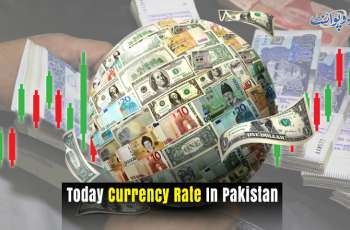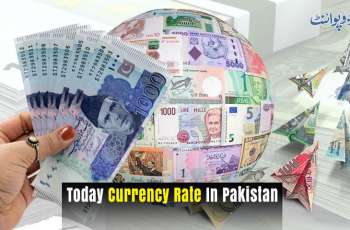The UK economy is facing a significant recession due to the lockdown restrictions introduced in a bid to curb the coronavirus pandemic, Chancellor of the Exchequer Rishi Sunak told the Sky News broadcaster on Wednesday
MOSCOW (Pakistan Point News / Sputnik - 13th May, 2020) The UK economy is facing a significant recession due to the lockdown restrictions introduced in a bid to curb the coronavirus pandemic, Chancellor of the Exchequer Rishi Sunak told the Sky news broadcaster on Wednesday.
Though it is too early to describe the current situation as a recession, as typically this requires two quarters of having a negative Gross Domestic Product (GDP), a decline in the UK economy seems almost certain, since, according to official data, its GDP fell by two percent in the first three months of the year � the biggest drop since the financial crisis in 2008, the broadcaster reported.
"The first quarter was that bad based on just a few days of the impact of the coronavirus in March. So yes, it is now very likely that the UK is facing a significant recession at the moment and this year," Sunak said.
According to the broadcaster, the country's GDP contracted by 5.8 percent in March alone, which is the biggest monthly fall on record. At the same time, it reported that the quarterly fall was only a partial representation of the lockdown's financial impact, as the United Kingdom introduced the restrictions near the end of the quarter, on March 23.
The UK is not the only country to currently be witnessing the negative impact of the coronavirus-related restrictions on its economy, as many nations across the world are facing the same problems. For example, over the first quarter, France's economy fell by 5.8 percent, while China has seen a fall of nearly 10 percent. Among the least affected economies are those of Sweden, the United States and South Korea, which has decreased by 0.3, 1.2 and 1.4 percent, respectively.




